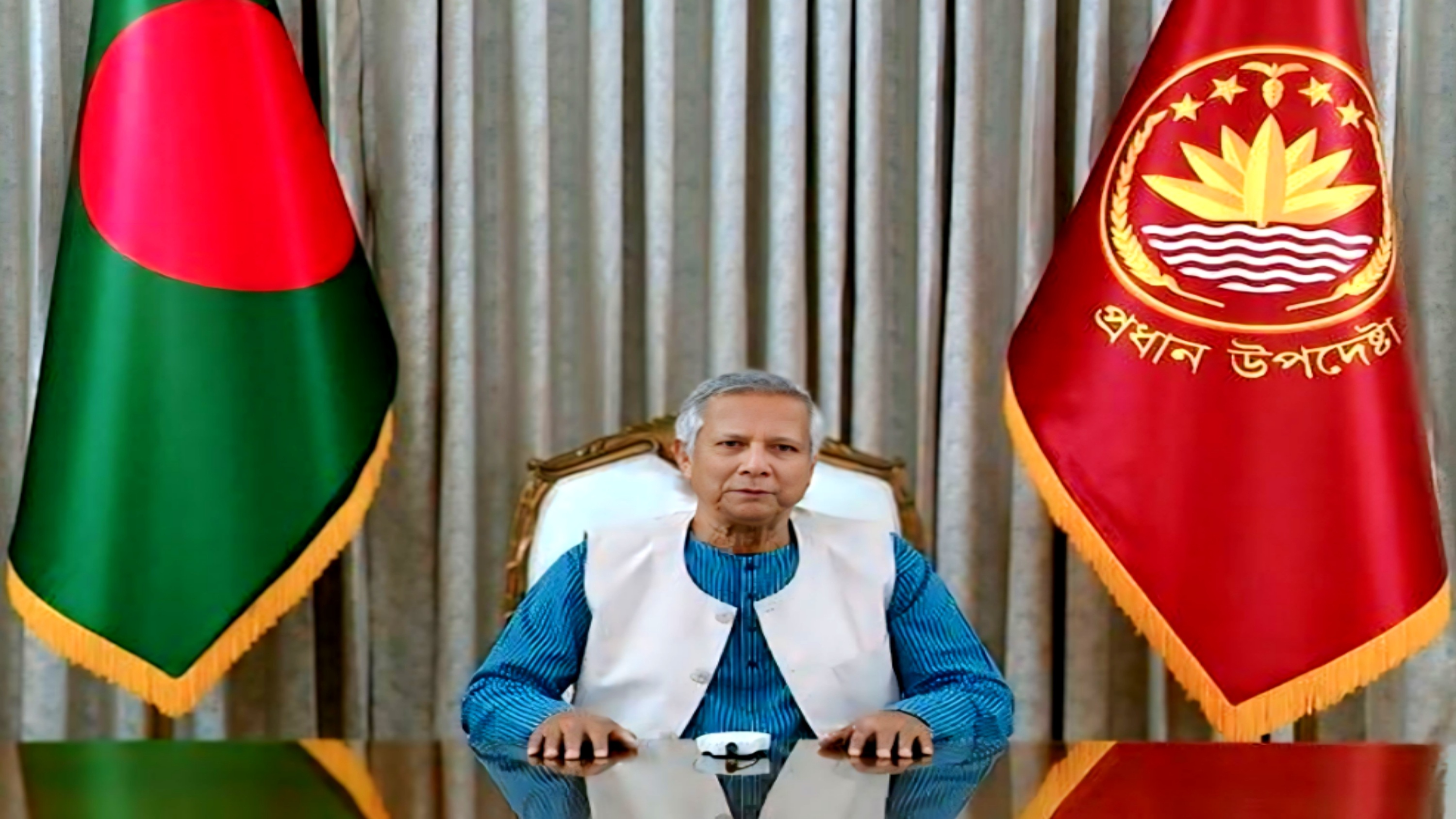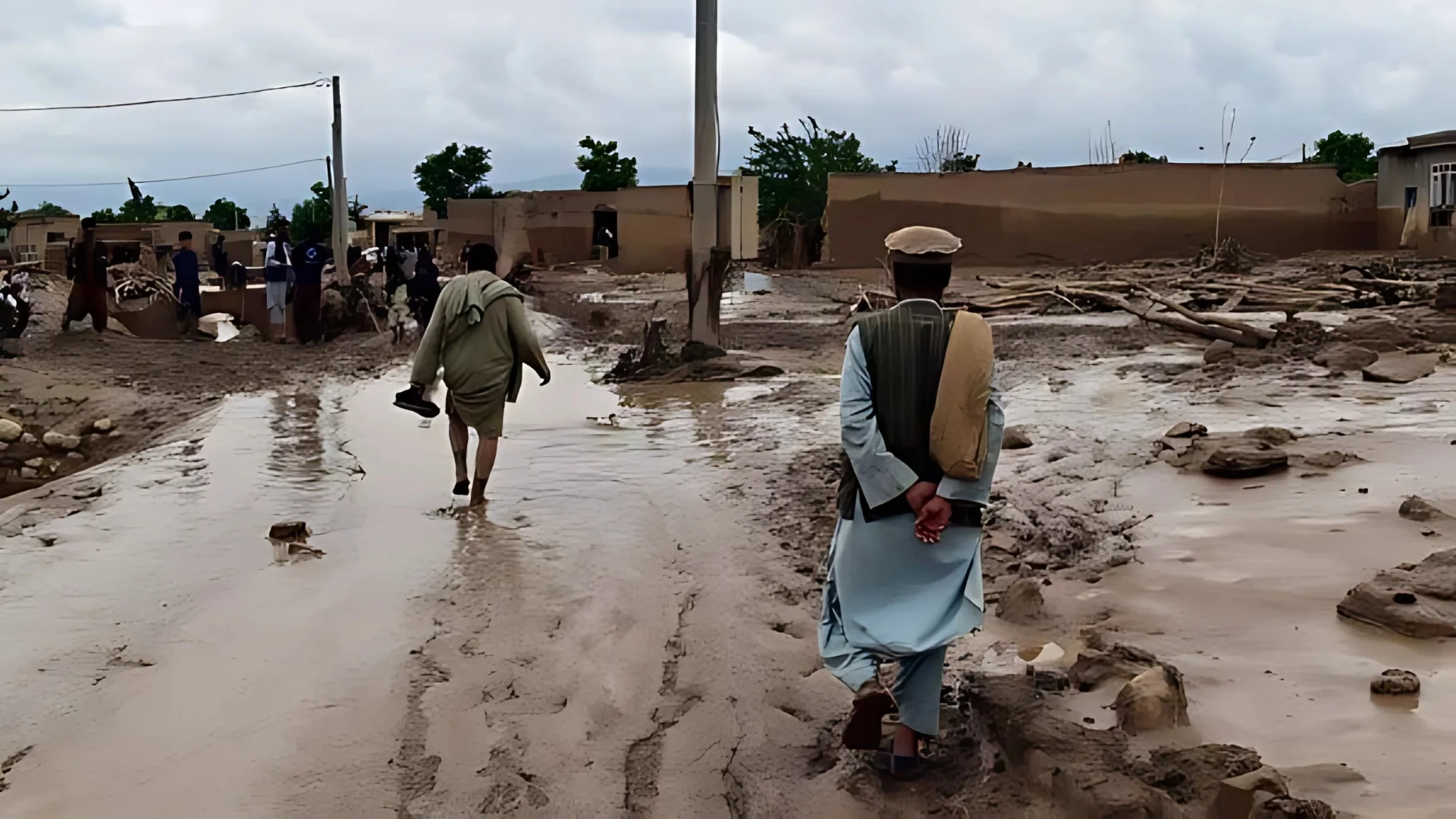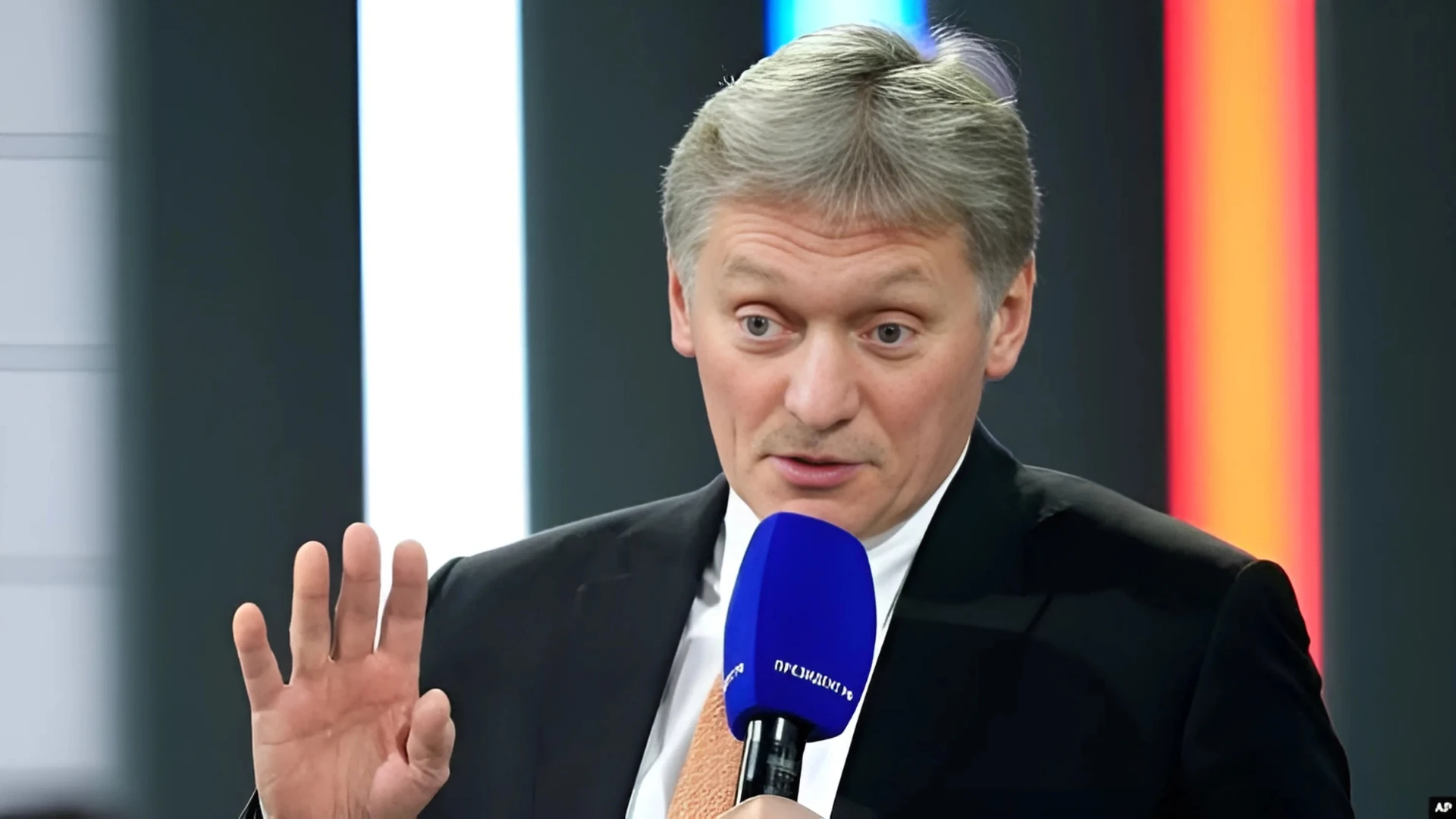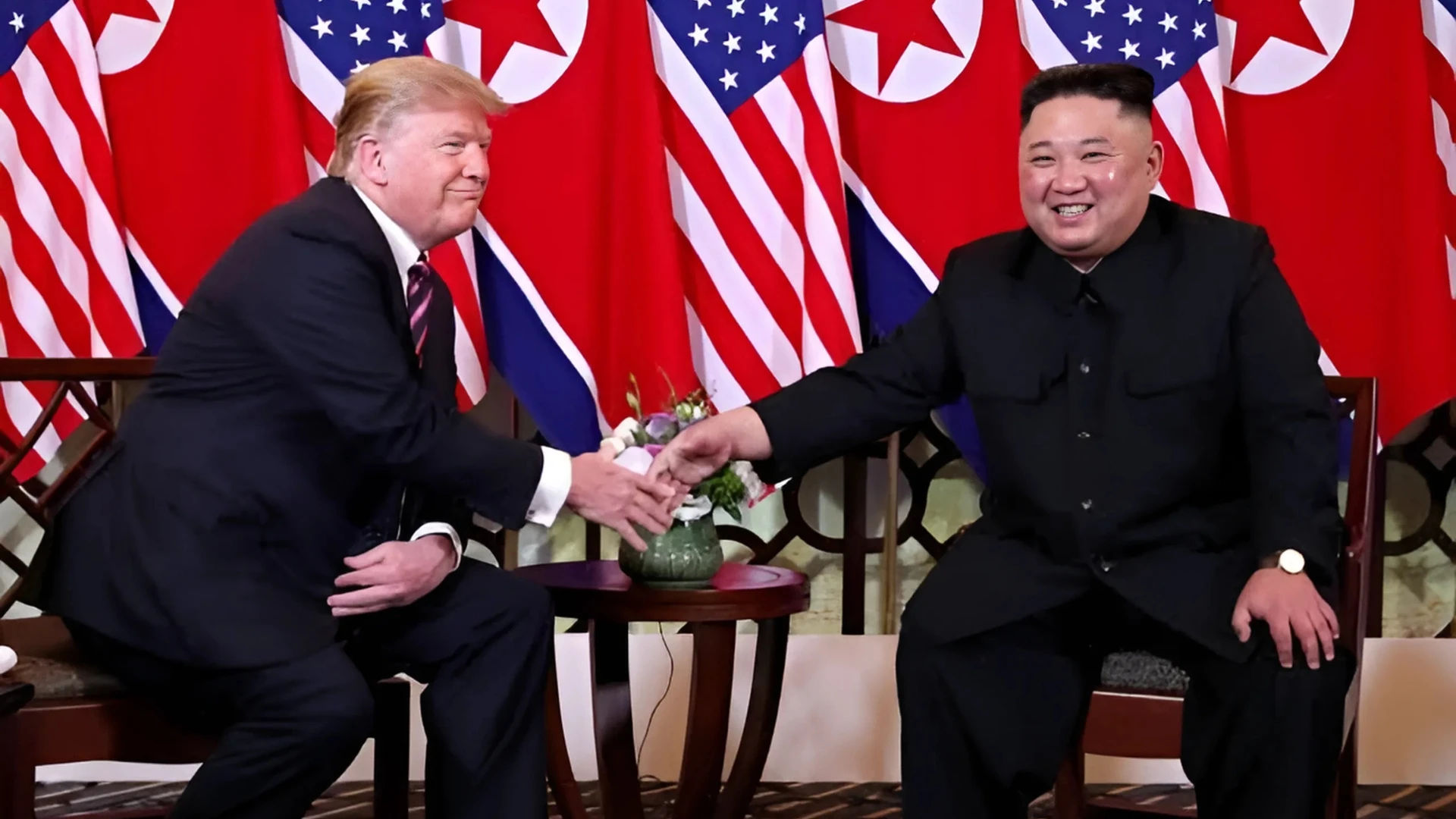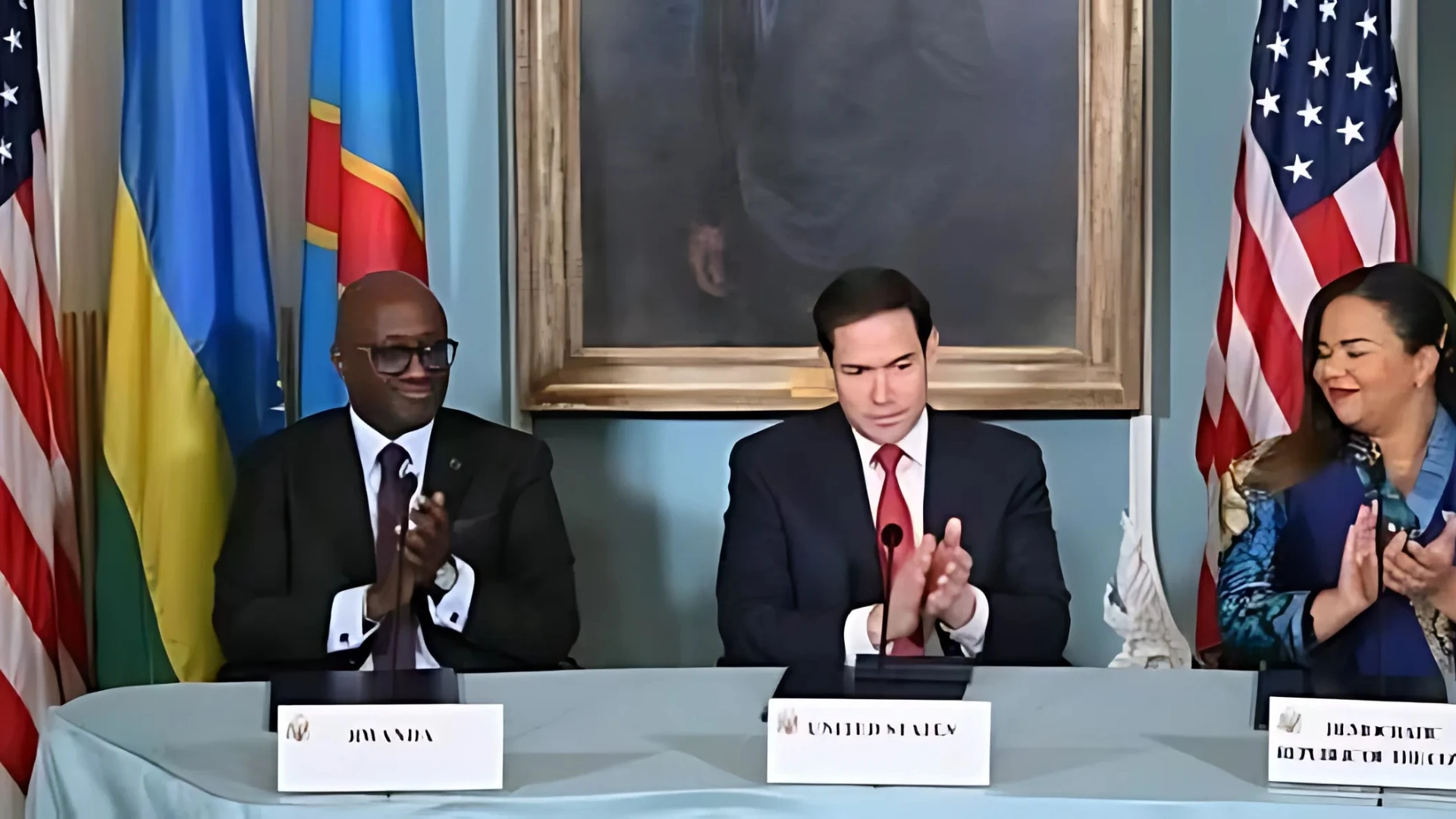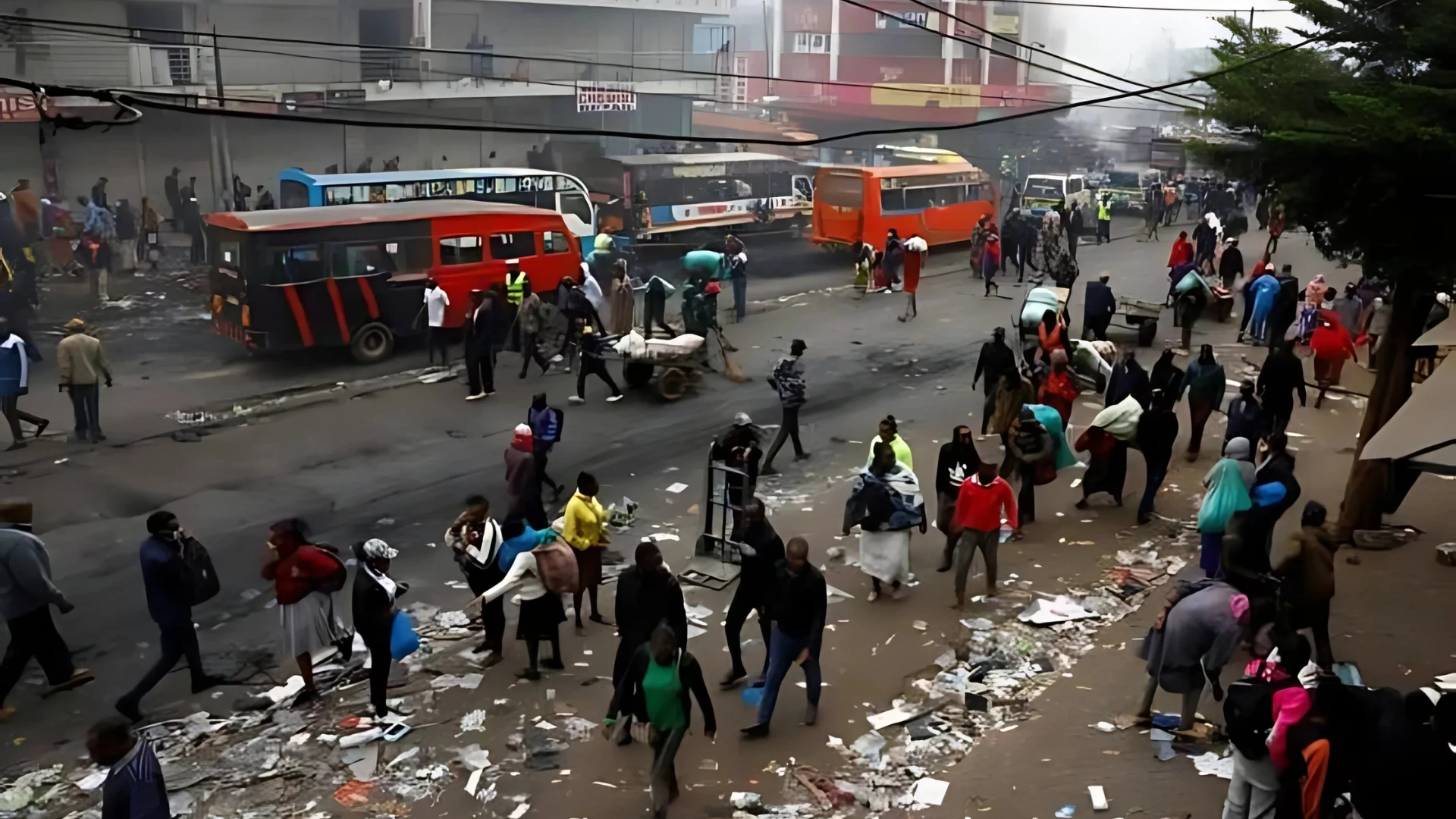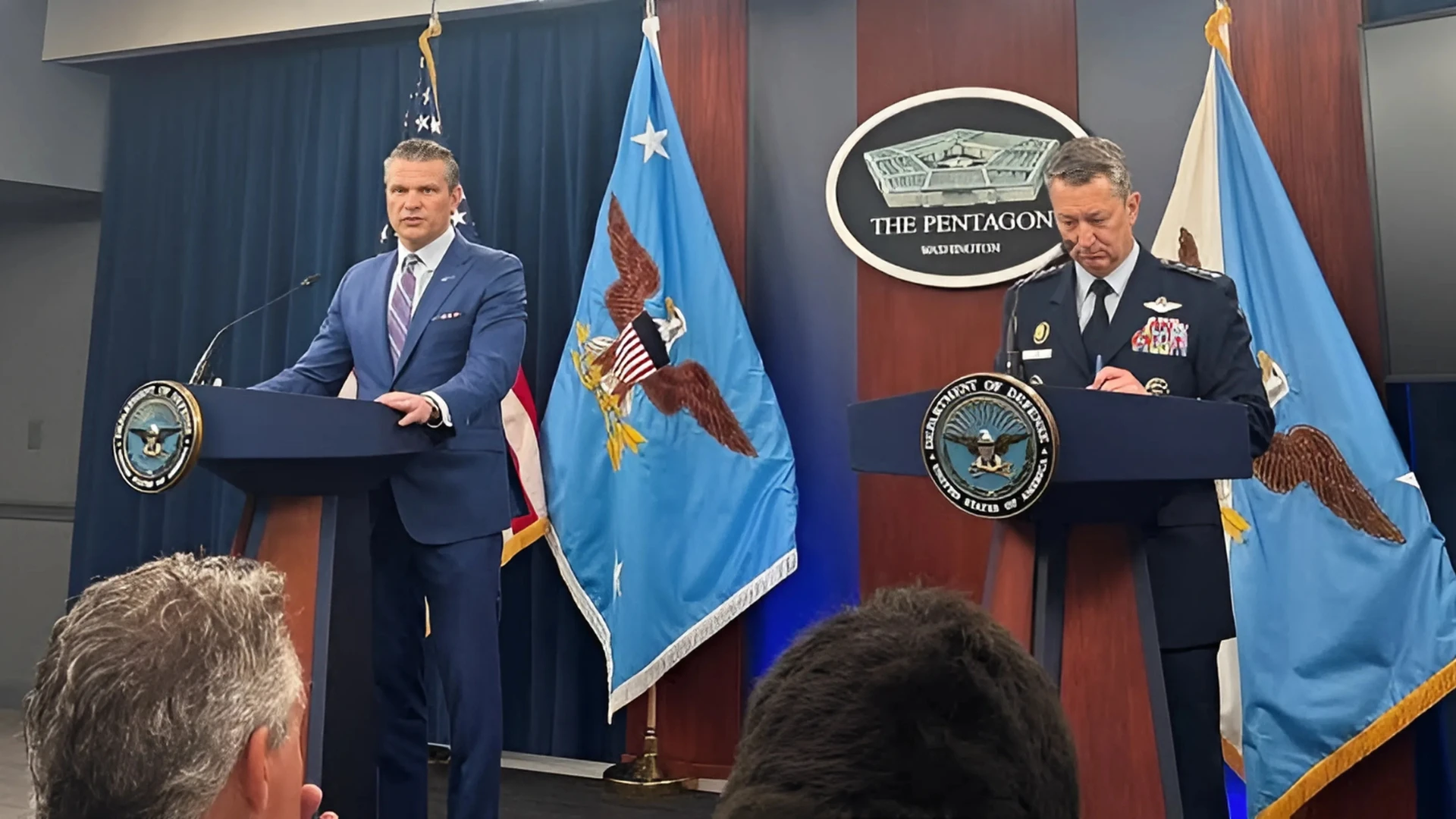Dhaka: The Election Commission (EC) has reaffirmed its focus on a December 2025 timeline for the next general elections, though political parties and key stakeholders continue to demand a clear electoral roadmap.
Election Commissioner Abul Fazal Md Sanaullah shared this update following a meeting with ambassadors and representatives from 18 development partner nations, including the United Nations Development Programme (UNDP).
The announcement comes six months after the mass uprising in July that significantly altered the country’s political dynamics. However, uncertainty lingers over when an official election roadmap will be announced. Speculation intensified following a recent meeting between Chief Adviser Professor Muhammad Yunus and leaders of the Bangladesh Nationalist Party (BNP), during which both sides reportedly indicated a preference for a December election.
Adding to the discussion, Chief Adviser’s Press Secretary Shafiqul Alam stated on Monday that the first formal consensus meeting between political parties and the EC is scheduled for February 15. However, many political groups remain skeptical. They stress the need for a structured roadmap to validate the government’s commitment to holding elections within the announced timeframe. Some had anticipated that the roadmap’s release date would be confirmed before the upcoming meeting between political leaders and the Chief Adviser.
The Election Commission clarified that no local government elections will take place before the national polls. While the government retains the authority to call local elections earlier, EC officials underscored that their main priority remains preparing for parliamentary elections.
Adviser to the Ministry of Local Government, Rural Development, and Cooperatives, Asif Mahmud Sajib Bhuiyan, echoed this stance on Monday, stating that while a policy decision on local elections has been made, a final call is still pending.
During a post-meeting press briefing, the EC chief referenced Chief Adviser Yunus’s December 16 speech, in which he outlined two potential election timelines: December 2025 if only minimal electoral reforms are pursued, or mid-2026 if deeper changes require more time. The Election Commission is currently preparing for the earlier option but remains adaptable.
One of the key discussion points was whether national and local elections could be held simultaneously. The EC chief noted that, while the idea had been raised, logistical challenges make it unlikely. He explained that past experiences show local elections often require multiple phases spanning up to a year—potentially delaying the general election.
“If the government decides to hold local government elections before the national election, we will implement that decision accordingly. But for now, our focus is on national polls,” Commissioner Sanaullah stated.
BNP has firmly opposed any local elections ahead of the general election. Following a meeting with the Chief Adviser on Monday, BNP Secretary General Mirza Fakhrul Islam Alamgir reiterated his party’s stance.
“We have made it clear that no elections should take place before the national election,” he said.
Regarding the much-anticipated election roadmap, Fakhrul remained non-committal: “That is up to them [the government]. They might provide an update by February 15.”
Meanwhile, international stakeholders have expressed optimism about the upcoming elections. UNDP Bangladesh’s Resident Representative, Stefan Liller, stated that the forthcoming polls could be the most credible in the country’s history. He revealed that in December, the EC formally requested UN assistance for the electoral process, prompting a UN team to visit Bangladesh for a two-week assessment in January.
Delegates from several nations—including the United States, the United Kingdom, Japan, Germany, France, China, and the European Union—attended the EC meeting.
Liller emphasized that international support remains strictly advisory, with the primary goal of ensuring a transparent and credible electoral process.
“Our role is to assist the Election Commission in conducting the most transparent and credible elections in Bangladesh’s history. However, the final decision on the election schedule rests with the interim government and the EC,” he stated.


